Reshaping the on-demand gig economy through AI-driven innovation: A frontline perspective
As the cost of AI adoption continues to fall and platforms become more user friendly, the gap between small businesses and enterprise capabilities will continue to shrink.


Disruption in the logistics market affects businesses of all sizes. Interestingly, smaller players often brace the impact first, yet, historically, they've been the last to benefit. That dynamic is finally transforming. Artificial intelligence, a tech paradigm once accessible only to tech giants with massive resources, has evolved into a practical tool for countless micro, small, and medium enterprises (MSMEs) operating in today's competitive landscape.
How MSMEs are leveraging AI today
Consider the story of a growing fresh produce distributor working with local farmers, which exemplifies this transformation. Their mission was admirable: reducing food waste while delivering subscription-based produce boxes to urban customers. Operating with a lean logistics model and relying on a fluctuating pool of gig workers, they struggled with unpredictable demand patterns and constantly changing delivery routes.
Their challenges mirrored those seen across the industry: How do you maintain reliability with limited resources? How do you compete with larger players who have more capital to invest in technology?
The answer came through targeted AI implementation. By adopting AI-driven demand forecasting tools, they gained the ability to predict order volumes with remarkable accuracy. Simultaneously, real-time route optimisation technology helped them dynamically adjust to traffic conditions, driver availability, and delivery windows.
The results were transformative: delivery delays dropped by 35%, and gig worker satisfaction increased significantly as drivers received more predictable, efficient schedules. What began as a grassroots initiative evolved into a tech-enabled logistics powerhouse, proving that mission-driven MSMEs can indeed compete at scale when empowered by the right technology.
Real numbers, real impact
This isn't an isolated case. Across networks of MSME partners, industry experts have documented how AI brings structure to unpredictability. Data shows that AI-driven forecasting models help small businesses optimize inventory levels, with many reporting a consider reductions in waste and dramatically improved alignment between supply and real-time demand.
The financial impact is substantial: studies have measured up to a 20% reduction in logistics costs while simultaneously improving delivery reliability. This gives MSMEs the kind of operational precision that was previously available only to enterprise-scale operations with dedicated analytics teams.
Transforming everyday logistics operations
Beyond forecasting, AI is transforming day-to-day logistics operations for businesses of all sizes. MSMEs have traditionally depended on third-party logistics providers, often operating with limited visibility into route planning or delivery efficiency. Modern AI-powered route optimisation tools are closing that gap.
One small courier service in Mumbai implemented such a system last year and immediately saw the difference. Their fleet of just twelve vehicles serves hundreds of businesses daily. By analysing traffic patterns, weather conditions, fuel usage, and delivery windows, AI systems dynamically adjust their fleet movement throughout the day. The owner noted recently, "In an environment where downtime equals lost revenue, this level of automation isn't optional anymore; it's survival."
The data backs this up. Studies show that predictive analytics reduces forecasting errors by up to 50%, which directly translates to improved service reliability and higher customer retention rates, critical metrics for any small business.
The last mile revolution is happening now
Perhaps the most exciting transformation is happening at the last mile. As every logistics professional knows, this final stretch remains the most expensive part of the delivery chain, often accounting for 40 to 50% of total shipping costs.
Dozens of small delivery operations have significantly reduced that burden through intelligent dispatching, delivery route learning, and automated proof of delivery systems. A food delivery cooperative in Bangalore implemented such technology last quarter and cut their per-delivery cost by 26% while improving on-time rates.
Looking ahead, forward-thinking MSMEs are already preparing for the next wave of last-mile innovation. Autonomous delivery vehicles and drone solutions, powered by AI, are gradually making their way into commercial use. Organisations leveraging these emerging last-mile automation technologies have cut warehousing costs by 15-30% and slashed administrative costs by up to 80%. For MSMEs, these tools transform logistics from a necessary expense into a competitive advantage.
A perfect match
Meanwhile, the gig economy continues to redefine how businesses think about labour as it favours project-based and flexible work over fixed employment. Cutting-edge AI systems underpin this shift by enabling smarter gig-matching platforms, automating workflows, and streamlining onboarding.
A restaurant delivery collective in Delhi uses AI to identify high-performing contractors and allocate tasks more efficiently. Their operations manager shared that "before AI, matching the right driver to the right delivery was guesswork; now it's a science." With growth projections showing the gig economy expanding by 17% annually through 2025 and set to reach a valuation of $45 billion, AI-powered platforms are providing the scalability and structure needed for sustainable growth.
Levelling the playing field
What's most exciting about this technological revolution is how it's democratising access to innovation across the on-demand economy. What was once exclusively available to multinational corporations is now within reach of local retailers, service providers, and logistics startups operating daily in competitive markets.
In a market where delays, inefficiencies, and poor forecasting can quickly derail a small business, AI provides MSMEs with the tools to act faster, serve smarter, and grow more sustainably. Businesses transform within months of implementing these systems, not just improving operations, but effectively future-proofing their business models.
As the cost of AI adoption continues to fall and platforms become more user-friendly, the gap between small businesses and enterprise capabilities will continue to shrink. The future of the on-demand economy will be shaped by both tech giants and small businesses using intelligent AI systems to scale effectively and create more resilient supply chains.
(Dhruvil Sanghvi is Founder and CEO of LogiNext.)
Edited by Kanishk Singh
(Disclaimer: The views and opinions expressed in this article are those of the author and do not necessarily reflect the views of YourStory.)




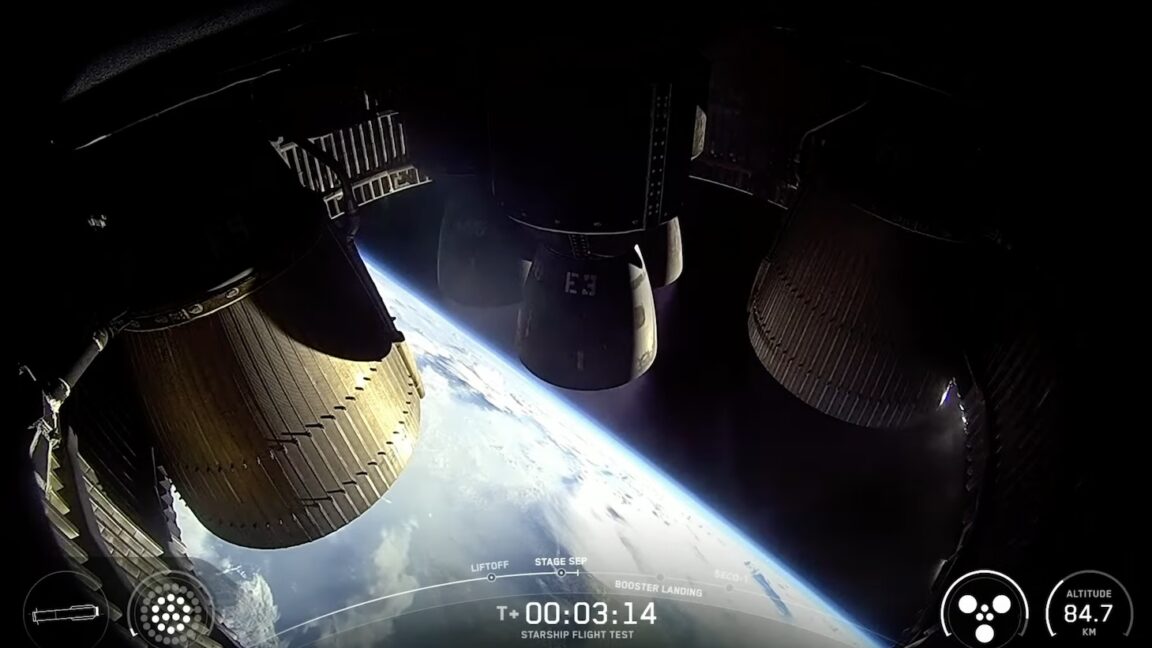
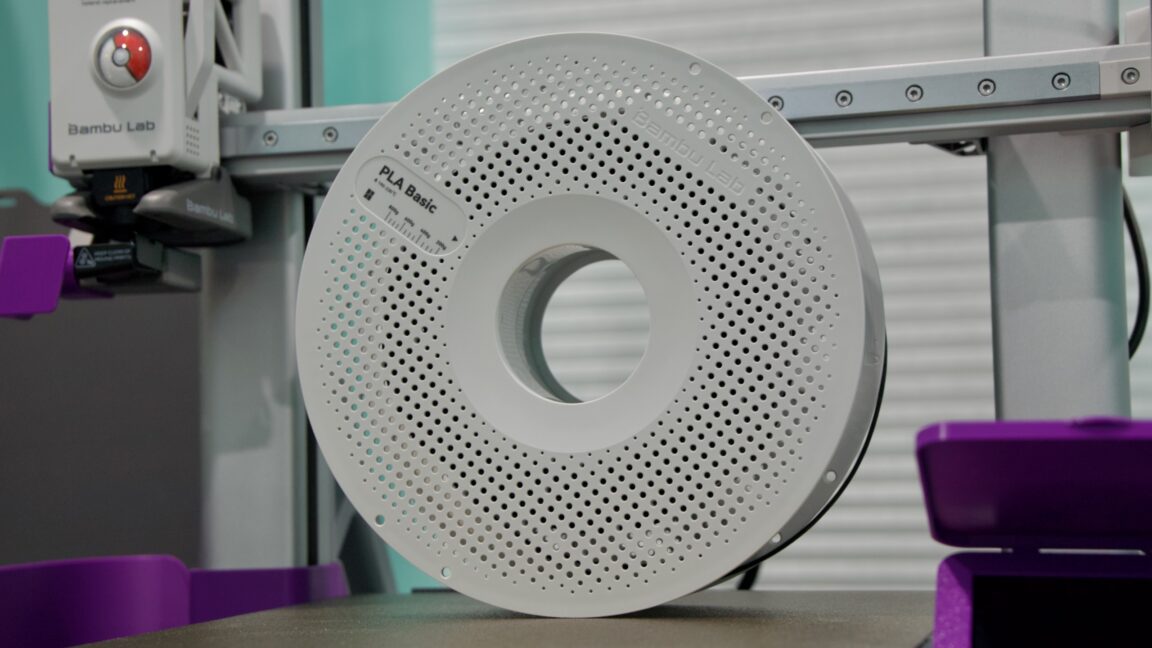
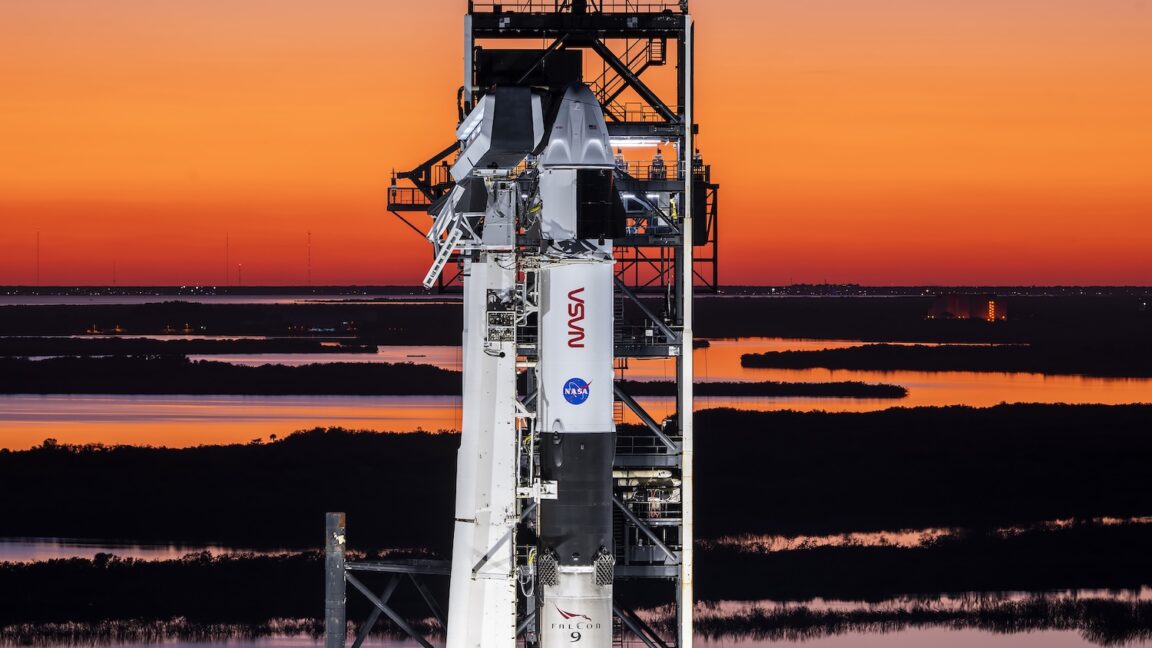






















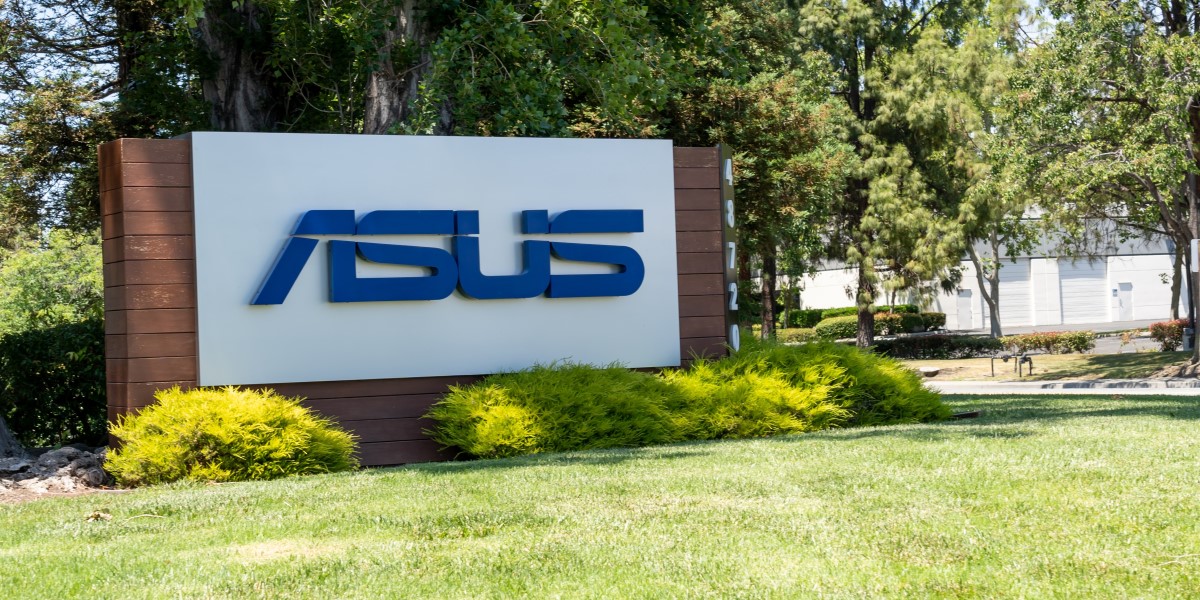











































































































































![[The AI Show Episode 149]: Google I/O, Claude 4, White Collar Jobs Automated in 5 Years, Jony Ive Joins OpenAI, and AI’s Impact on the Environment](https://www.marketingaiinstitute.com/hubfs/ep%20149%20cover.png)


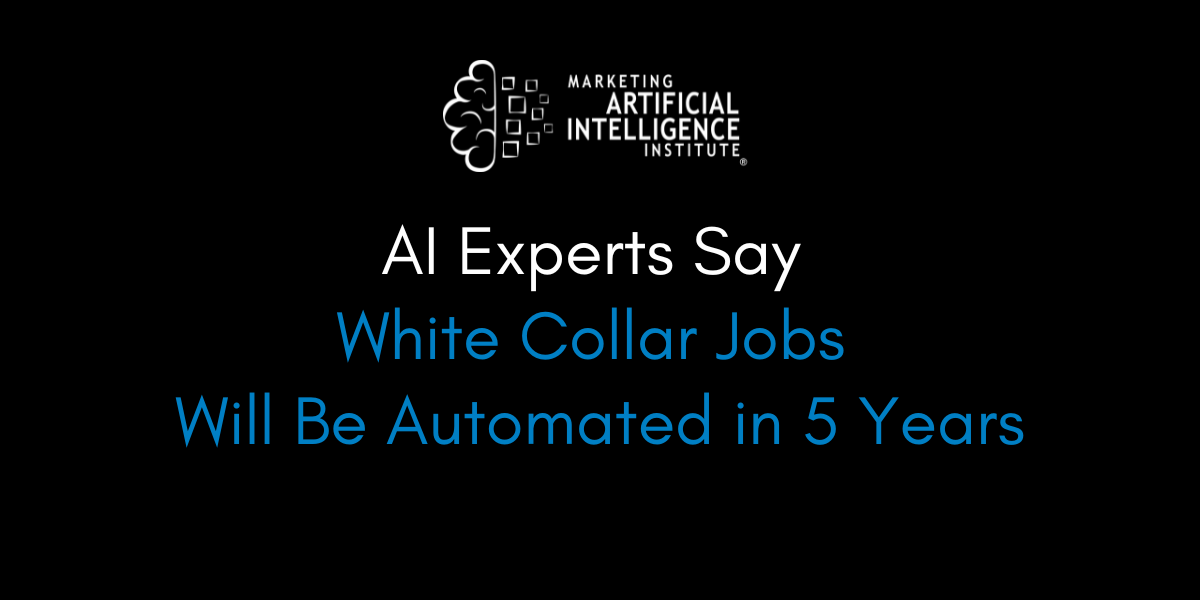




































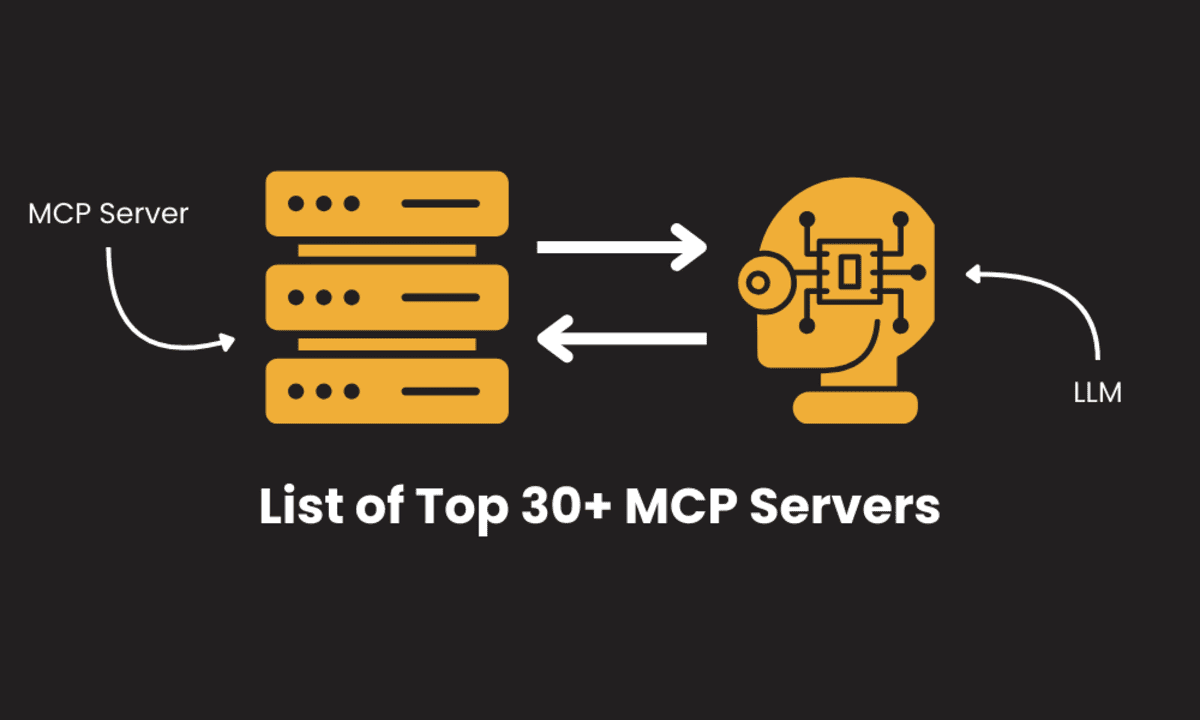

































































































































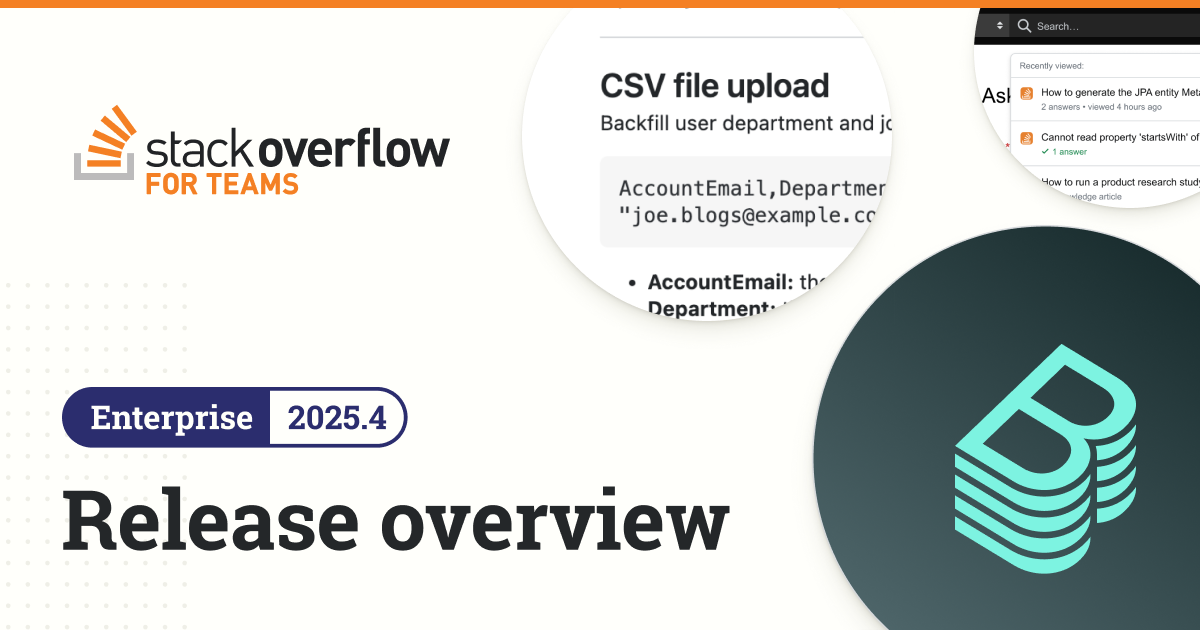




































































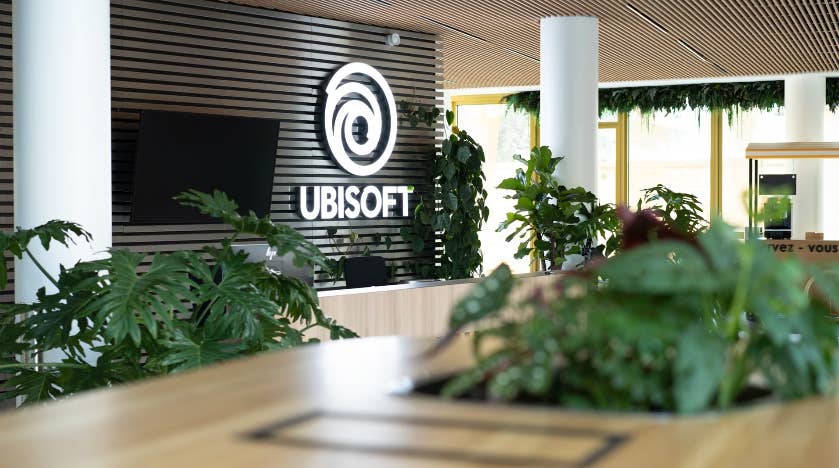

























_foto-zone_Alamy.jpg?width=1280&auto=webp&quality=80&disable=upscale#)






















































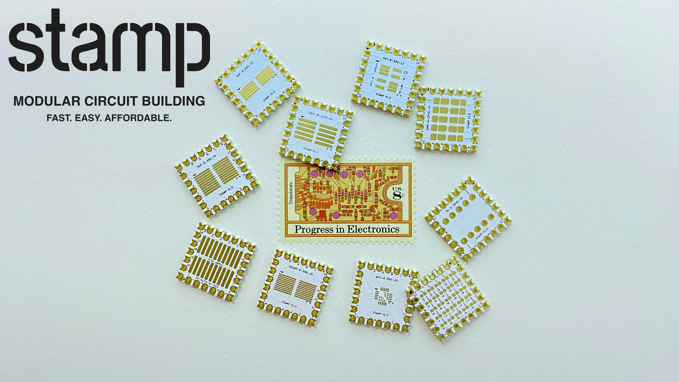






































![PSA: Spotify facing widespread outage [U: Fixed]](https://i0.wp.com/9to5mac.com/wp-content/uploads/sites/6/2023/06/spotify-logo-2.jpg?resize=1200%2C628&quality=82&strip=all&ssl=1)













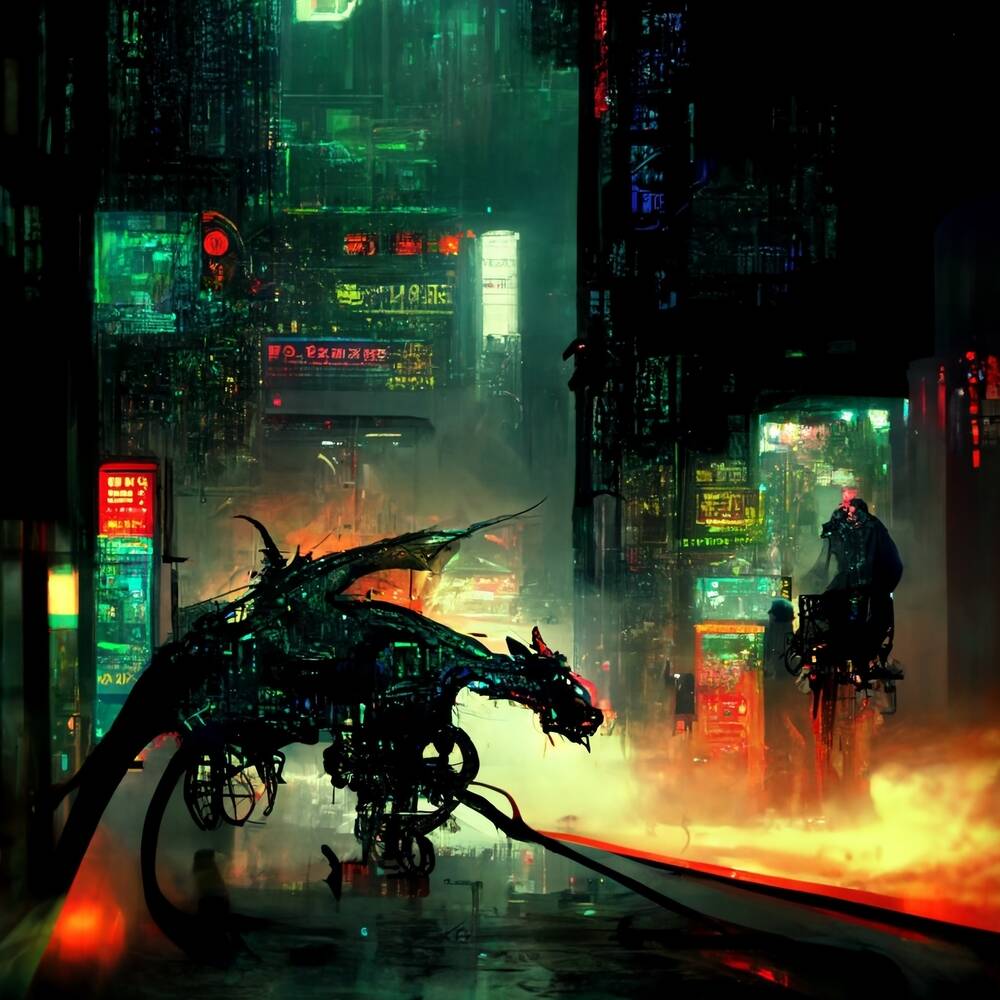

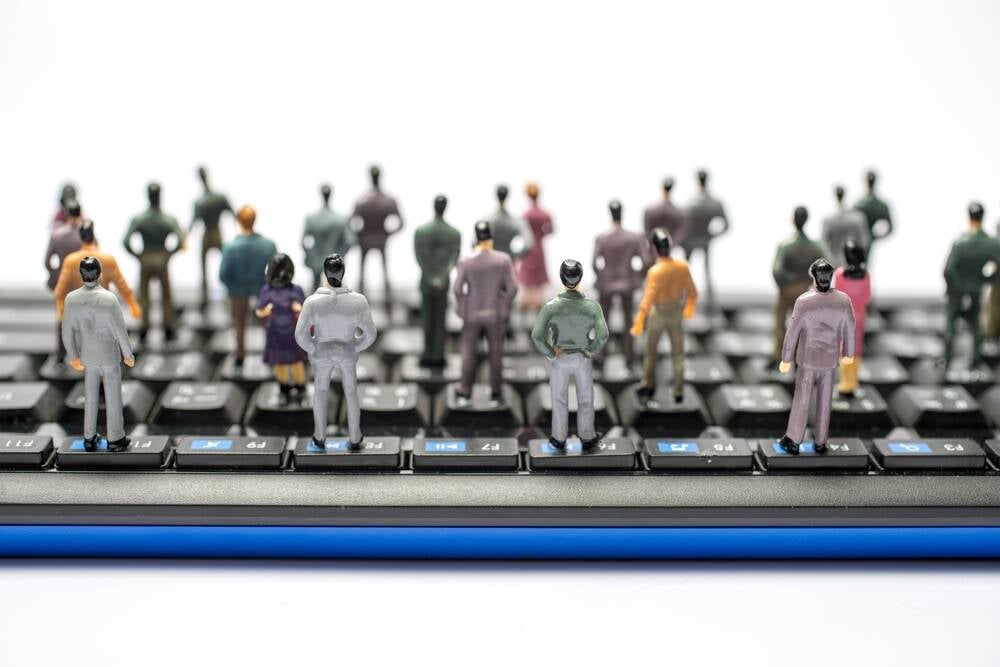

![Apple Turned Down Musk's $5B Starlink Deal — Now the Consequences Are Mounting [Report]](https://www.iclarified.com/images/news/97432/97432/97432-640.jpg)
![WhatsApp Finally Launches iPad App [Download]](https://www.iclarified.com/images/news/97435/97435/97435-640.jpg)
























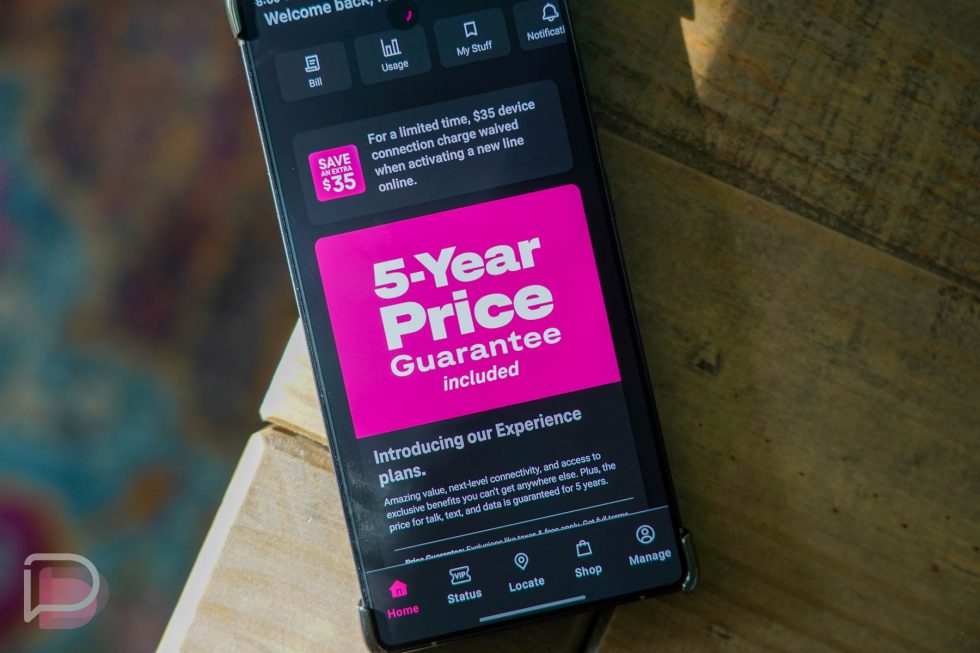


























![T-Mobile, Verizon and AT&T under fire for lack of transparency on surveillance [UPDATED]](https://m-cdn.phonearena.com/images/article/170786-two/T-Mobile-Verizon-and-AT-T-under-fire-for-lack-of-transparency-on-surveillance-UPDATED.jpg?#)

























